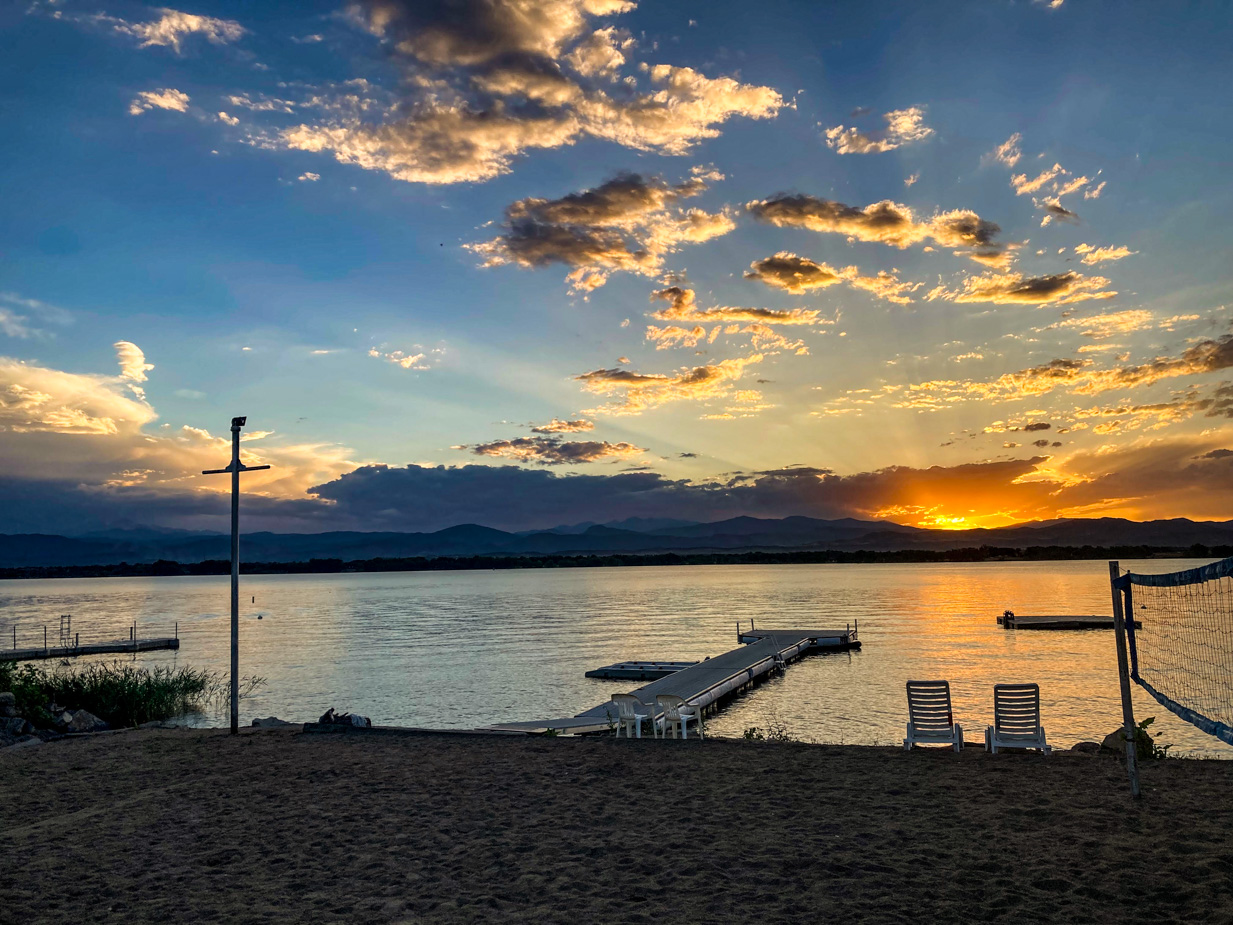

 ©Kris Gerbrandt
©Kris Gerbrandt
Chapter 19:23-24 (ESV) - When the soldiers had crucified Jesus, they took his garments and divided them into four parts, one part for each soldier; also his tunic. But the tunic was seamless, woven in one piece from top to bottom, so they said to one another, “Let us not tear it, but cast lots for it to see whose it shall be.” This was to fulfill the Scripture which says,
“They divided my garments among them,
and for my clothing they cast lots.”
Question to consider: Why would John think it’s important to point people to Psalm 22?
I find it interesting to compare the perspectives of the different gospel writers. All four of them point us to Psalm 22, a prophetic psalm of David who saw his greater son at the hands of dogs who would encircle Him, pierce His hands and feet, and cast lots for His clothing. Even though crucifixion had not been practiced at the time of David, he would have understood that being hung this way was to be cursed by God. And yet, David recognized that it would result in his greater son being praised by the Lord in the great congregation, and that “All the ends of the earth shall remember and turn to the Lord, and all the families of the nations shall worship before you.” (Psalm 22:27) David’s vision both affirmed the resurrection of the dead and the reconciliation of people from every tribe and nation to God.
People seem to forget that although the Bible may be compiled into a single book, it is a literary library which has been compiled over thousands of years. Living two thousand years after the cross and reading the Bible from a mass-printed copy or virtually on a screen lessens the impact of one who witnessed these soldiers cast lots for Jesus’ clothing at the moment Jesus cried out, “My God, my God, why have you forsaken me?”
Think of someone who initially received John’s gospel account and was able to access a copy of Psalm 22 in a scroll that had been at their synagogue since before Jesus was born. If it had been difficult for them to accept how a crucified Jesus could actually be their Messiah, this Psalm would have a huge impact on their understanding of God’s redemption plan for the world.
Today, people will dismiss or even mock Christians for using one part of the Bible to interpret another because they dishonestly treat it as a single work of fiction that was written hundreds of years after the “historical” Jesus. We have thousands upon thousands of ancient manuscripts that prove otherwise. You can go into any synagogue today, pick up a Tanakh, and read Psalm 22 for yourself.
If you believe that the early church was lying about their testimony of the crucifixion, it’s important to ask the question, “To what end?” What possible motive would a devout Jew like John have to proclaim this message if it was false? Why would he endure torture and poverty in this life and face God’s eternal judgment for a lie? Regardless of whether there would be evil religious leaders hundreds of years later who would try to exploit the gospel for their own enrichment, we must consider the eyewitness account of John and his motive when discerning the truth of the gospel.
Dear heavenly Father, thank You for giving us prophecy which revealed Your redemption plan hundreds of years before it came to pass. Help us to honestly examine our own hearts and see how far short we have fallen from what You have called good so that we may rejoice in the work that Christ has done to reconcile us to You. May this joy that we have in Christ overflow to our neighbor. Amen.